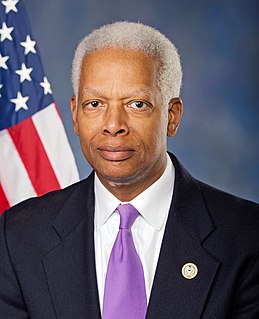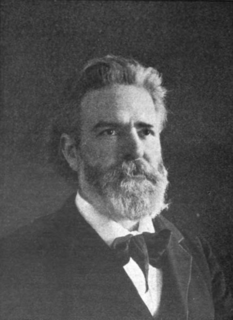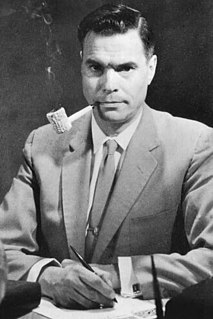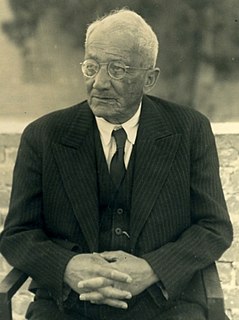A Quote by Richard Lamm
Employers love cheap labor, but a country should train its own people.
Related Quotes
The organized labor movement as it is constituted today is as much a concomitant of a capitalist economy as is capital. Organized labor is predicated upon the basic premise of collective bargaining between employers and employees. This premise can obtain only for an employer-employee type of society. If the labor movement is to maintain its own identity and security, it must of necessity protect that kind of society.
We are entering a hyperconnected world where every boss now has more access, cheap access to cheap labor, cheap genius, cheap robot, cheap software, and then this world averages over. There is only one answer to that, and that is to get everyone as close as possible to some form of post-secondary education, it could be vocational, it can be liberal arts, it can be science and technology.
You're a slave in your own country, White Man. Each year you get to keep less of the fruits of your labor; each year it gets more difficult to carry the burden the aliens have placed upon you; each year the cheap labor of aliens makes your future less secure; each year you retreat a few steps more into the world of slavery.
When we consider that labor is the producer of all wealth, is it not evident that the impoverishment and, dependence of labor are abnormal conditions resulting from restrictions and usurpations, and that instead of accepting protection, what labor should demand is freedom. That those who advocate any extension of freedom choose to go no further than suits their own special purpose is no reason why freedom itself should be distrusted.


































